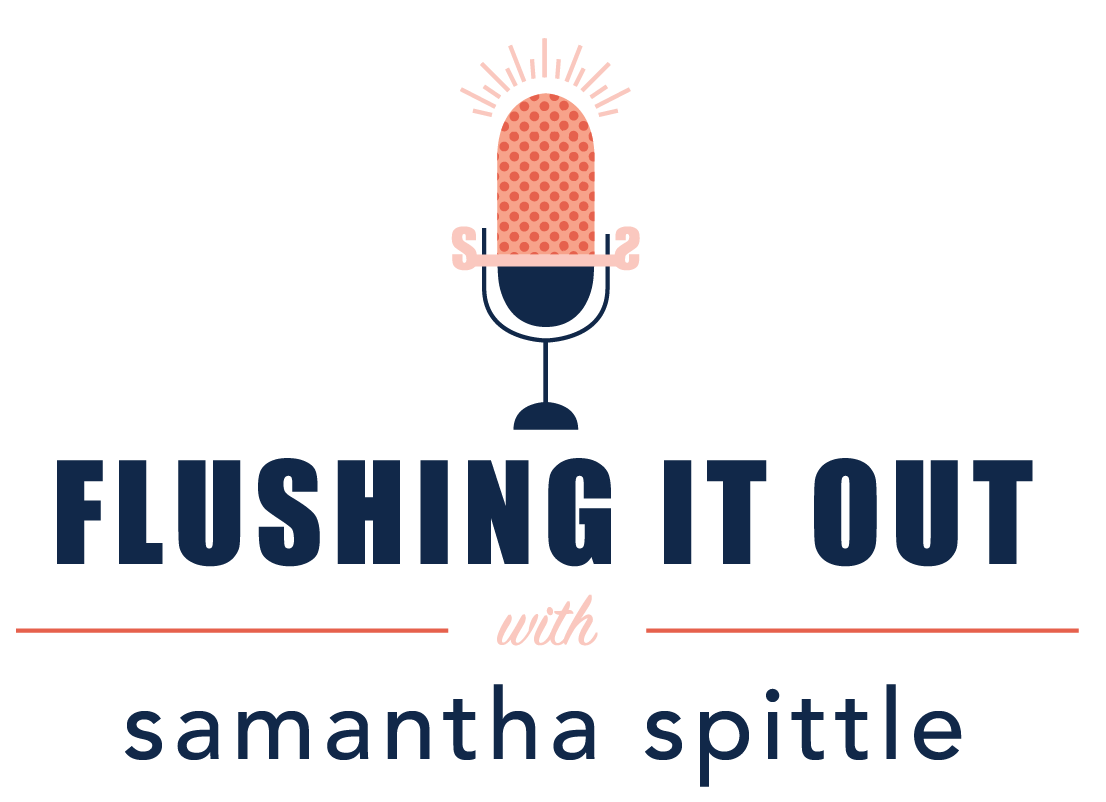Sex: Discovering Desire
w/ Ashley Grubbs
When it comes to sex, where do we start? How do you want to be approached and how do you want to hear “no?” This is an important conversation we all need to have with our partners. What makes sex meaningful? How to hear “no” is a little more complicated. Is it a simple “no,” or is there a reason behind it? What words are we choosing, and what messages are being received with those words? Having these conversations eliminates some of the superfluous issues that come from miscommunication around sex.
What determines the end of sex? Usually, it is after the man has an orgasm and this is the message we get at a young age. Religion and family of origin play a part in this, too, when the message centers around the pleasure of the man. So, then sex starts to become a chore, just like vacuuming the house. So, why would women want to keep having sex or have desire for sex if that’s the case?
We need to understand what it is that we enjoy. Ashley talks about “brakes” and “accelerators.” A bad night’s sleep is a ‘brake.’ When your partner is attentive to you, that’s an ‘accelerator.’ So, we need to start understanding what helps our desire and what hinders our desire. When your car is at a full stop, pressing on the accelerator doesn’t automatically get it to full speed, it takes some time and constant pressure on the accelerator to get there. It’s the same way with sexual desire.
Word choice is important. If you don’t feel “safe,” you should think twice about it. She says, “if it isn’t an enthusiastic ‘yes,’ then it’s a ‘no’” when it comes to sex. Comfort is something entirely different. How do we make sex both safe and comfortable?
How do we find desire and safe, comfortable sex? We can start by changing things up and seeing what feels better. Change the time, change the place, or change the position. If you’re having sex the same way every time, we’re over-relying on comfort and it can start to feel boring and monotonous. Comfortable and safe sex is fine, but a third thing that Ashley suggests adding if you have those two already is variety.
What about when we get older or when our health starts to deteriorate or when our bodies start to go? This is where exploring with your partner and figuring out what sensations you like versus what you don’t like come into play. It is about opening up the to the vulnerability of trying new things and exploring uncertainty with somebody who you’re comfortable with. The idea is to get more “yes’s” than “no’s.” It doesn’t have to be sexual in nature. Jumping into the deep end doesn’t have to be how exploration goes. If you start small, you don’t have to realize that something isn’t for you when you’re in the moment and it’s too late.
For those that may have had some sort of sexual trauma, Ashley says that the number one thing about improving sex is not to talk about it when things could get sexual. Don’t talk about it at night (or the time you’re most likely to have sex), and don’t talk about it in bed ( or the place you’re most likely to have sex). We really don’t want to conflate the bad thing that somebody else did to you with the good thing that sex should be for you.
You can get it touch with Ashley at:
Ashley also writes monthly for Kiss & Tell Magazine:
